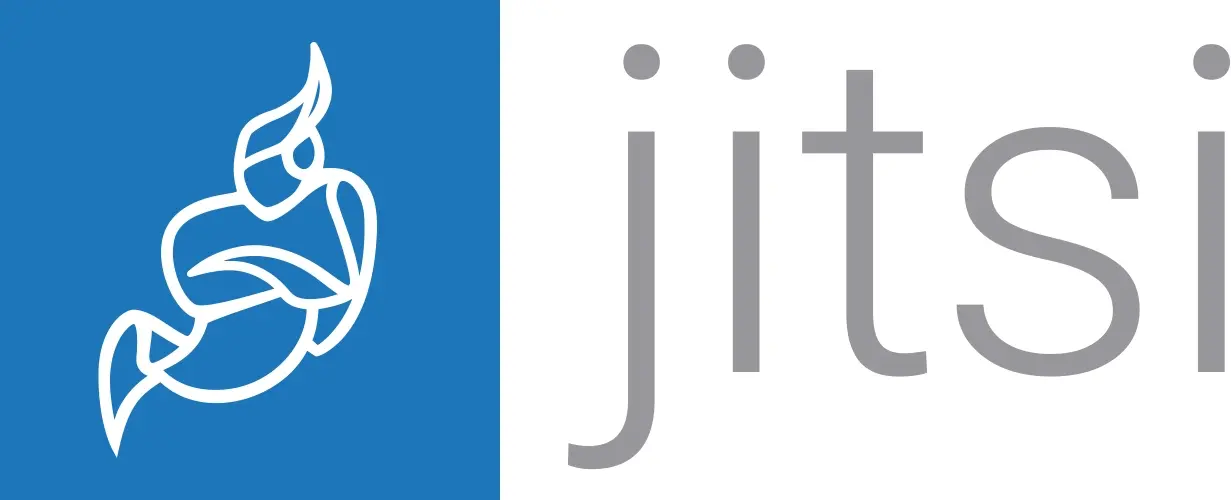While Jitsi is open-source, most people use the platform they provide, meet.jit.si, for immediate conference calls. They have now introduced a “Know Your Customer” policy and require at least one of the attendees to log in with a Facebook, Github (Microsoft), or Google account.
One option to avoid this is to self-host, but then you’ll be identifiable via your domain and have to maintain a server.
As a true alternative to Jitsi, there’s jami.net. It is a decentralized conference app, free open-source, and account creation is optional. It’s available for all major platforms (Mac, Windows, Linux, iOS, Android), including on F-Droid.



I don’t think you could call it “abuse” if people are genuinely using the service as intended.
I do understand Jitsi, though. I know at least one chat messenger that embedded Jitsi’s video call page, requiring auth should convince those people to host their own video calling solution instead.
In this case, it sure does sound like abuse. Considering the careful wording, combined with the seemingly kneejerk reaction of requiring authentication, there was likely illegal activity going on:
It was a free, anonymous service that let people stream video and send messages. Consider for a moment if that “video” was actually non-video data encoded to be streamed through Jitsi and sent to another location. Or, consider if the video was video, but was so egregious and illegal, that Jitsi had to take action. It doesn’t take a lot of thinking to consider the kinds of activities could have been going on.
I’m not sure how you would send non-video through Jitsi. Maybe by sending base64 encode files through text chat?